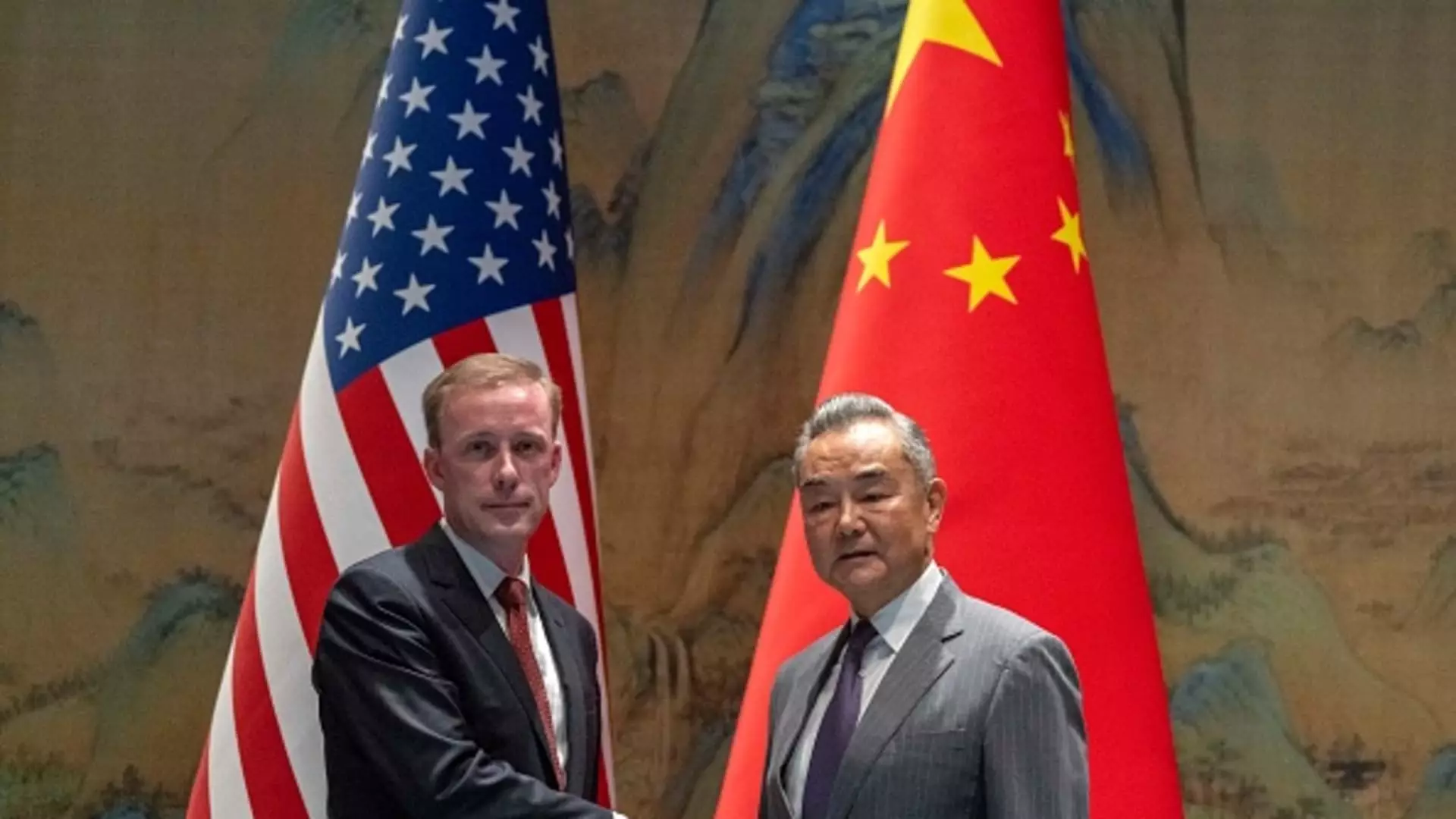The White House recently announced that U.S. President Joe Biden and Chinese President Xi Jinping are scheduled to have a phone call in the “coming weeks.” This development comes in the midst of U.S. National Security Adviser Jake Sullivan’s visit to Beijing to meet with China’s top diplomat, Wang Yi. Additionally, both countries have confirmed that their military leaders will be engaging in discussions soon. Plans for the second round of U.S.-China talks on artificial intelligence are also in progress.
In official statements, both the U.S. and China reiterated their stances on various contentious issues including tech restrictions, Taiwan, the South China Sea, and Ukraine. The communication between the two superpowers has faced challenges in recent years due to escalating tensions and pandemic-related restrictions. Despite a previous call between Biden and Xi in April following their meeting in 2023, maintaining high-level dialogue has been complex.
Sullivan’s visit to Beijing this week marked an important diplomatic engagement, with discussions spanning over two days. This trip, his first to China as national security adviser, underscores the significance of the relationship between the two nations. Traditionally, high-level visits between the U.S. and China have been infrequent, with the last official trip by a U.S. president’s national security adviser occurring in 2016 under the Obama administration.
The Significance of Strong U.S. Policies Towards China
As the U.S. presidential election approaches, the stance towards China remains a key bipartisan issue. Both political parties agree on the importance of taking a firm position towards Beijing. Amidst uncertainties surrounding the election outcome, it is clear that maintaining a robust approach towards China is crucial for the U.S.
The upcoming phone call between Presidents Biden and Xi signifies a pivotal moment in U.S.-China relations. Despite the challenges and complexities that have characterized their interactions in recent years, the need for open communication and constructive dialogue remains paramount. As both nations navigate a dynamic geopolitical landscape, the outcome of these discussions will have far-reaching implications for the future of global diplomacy.

